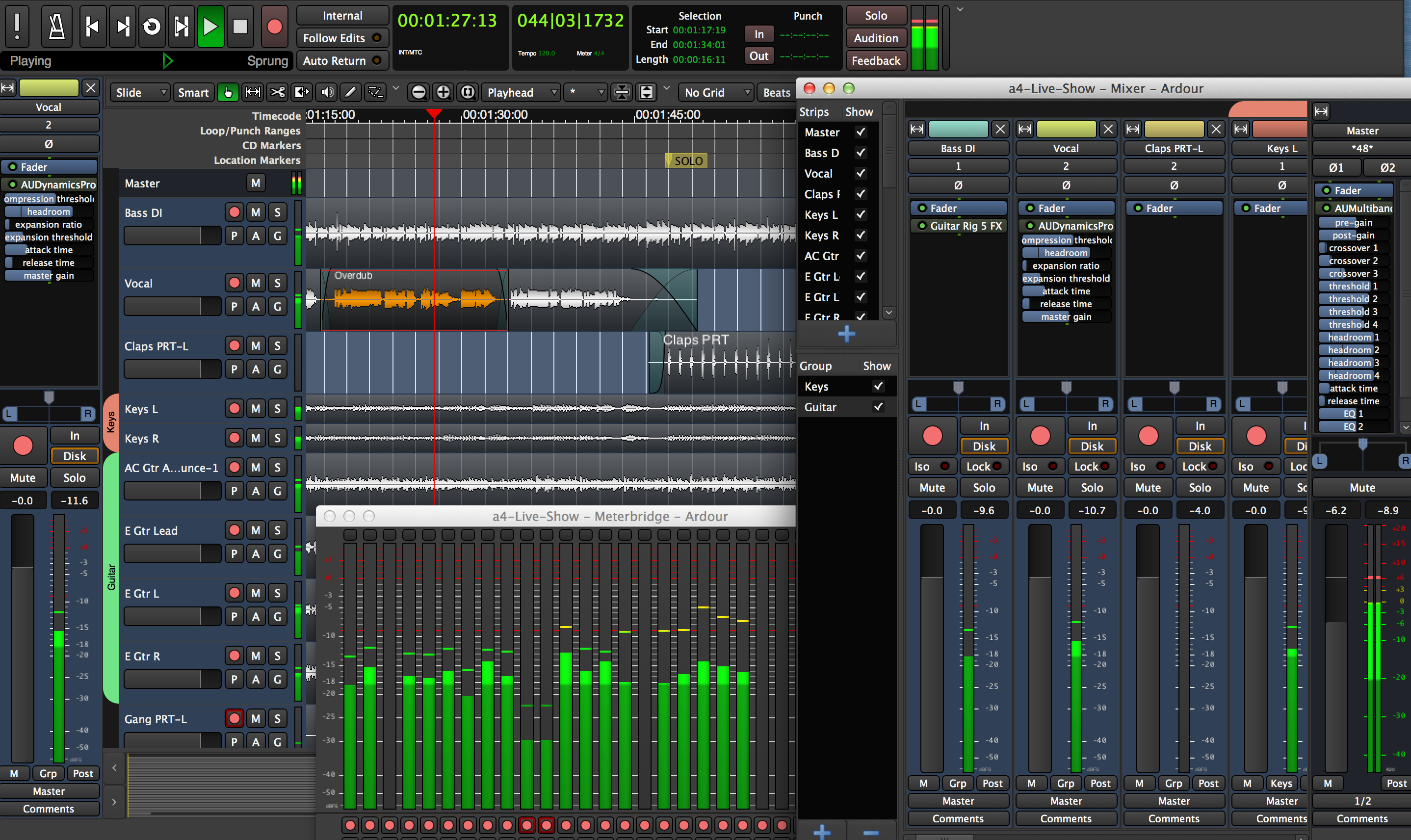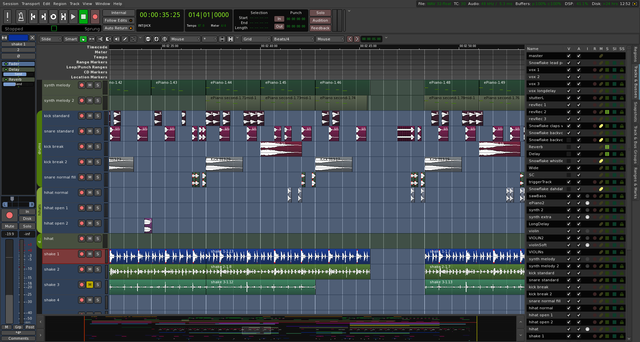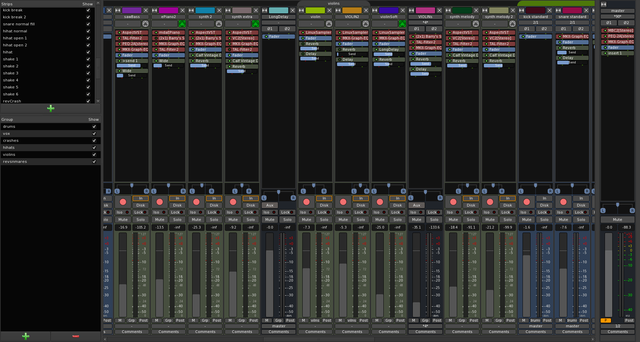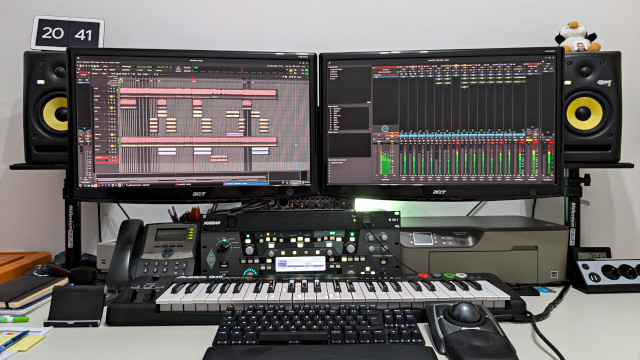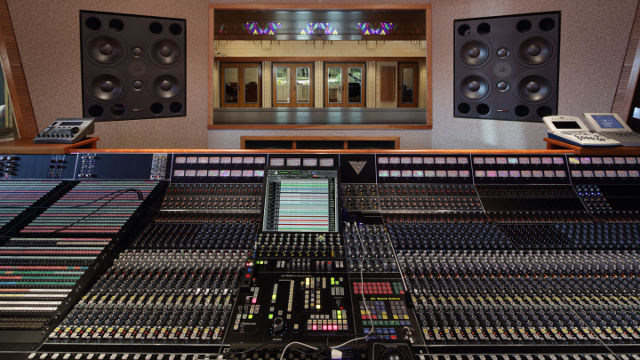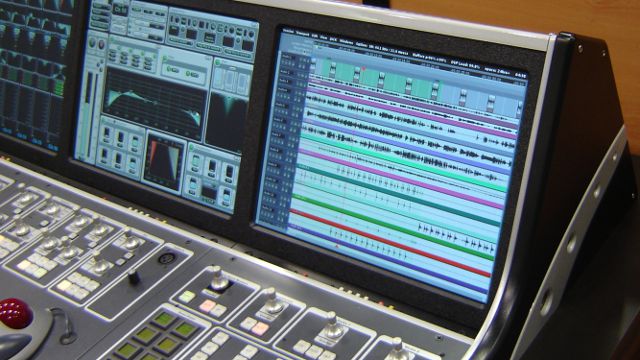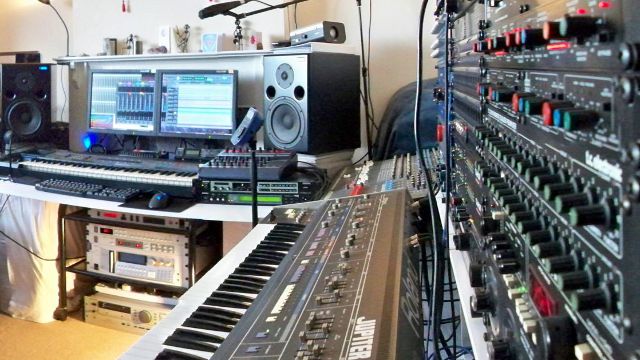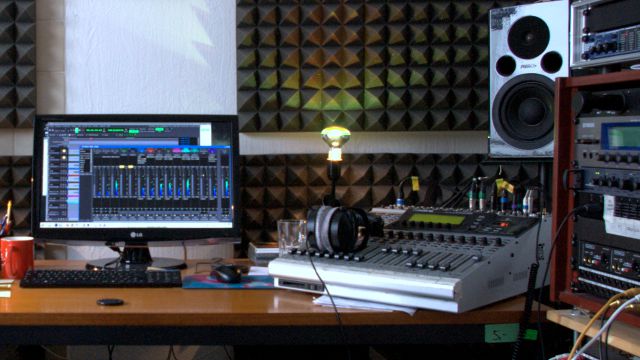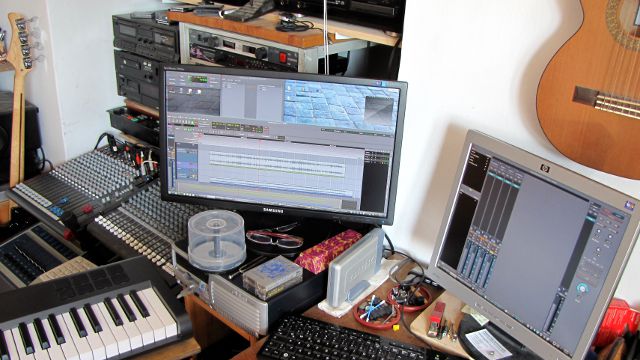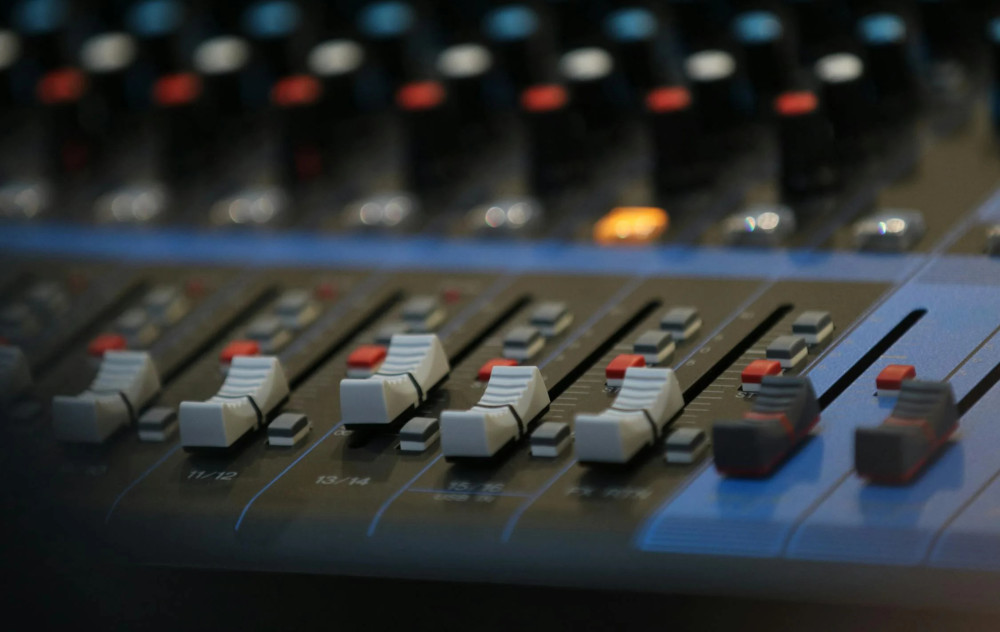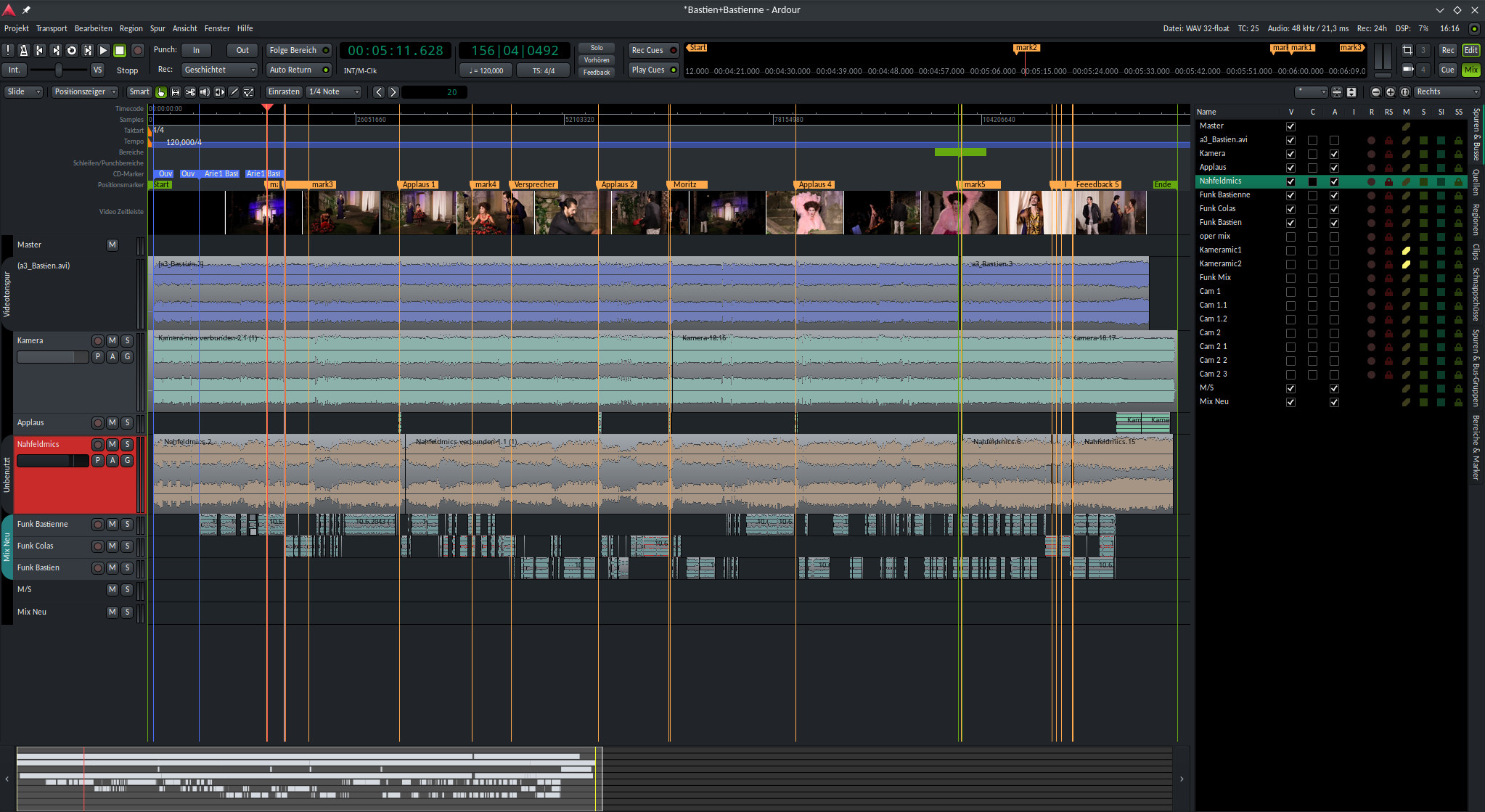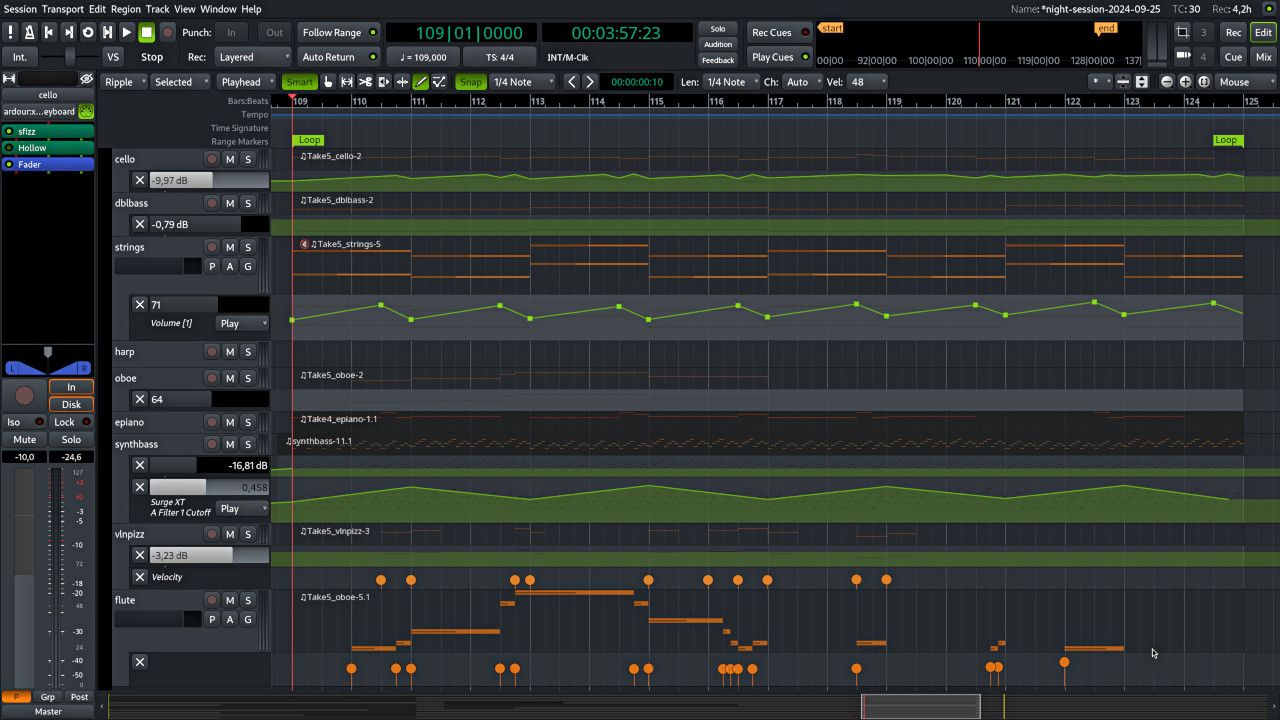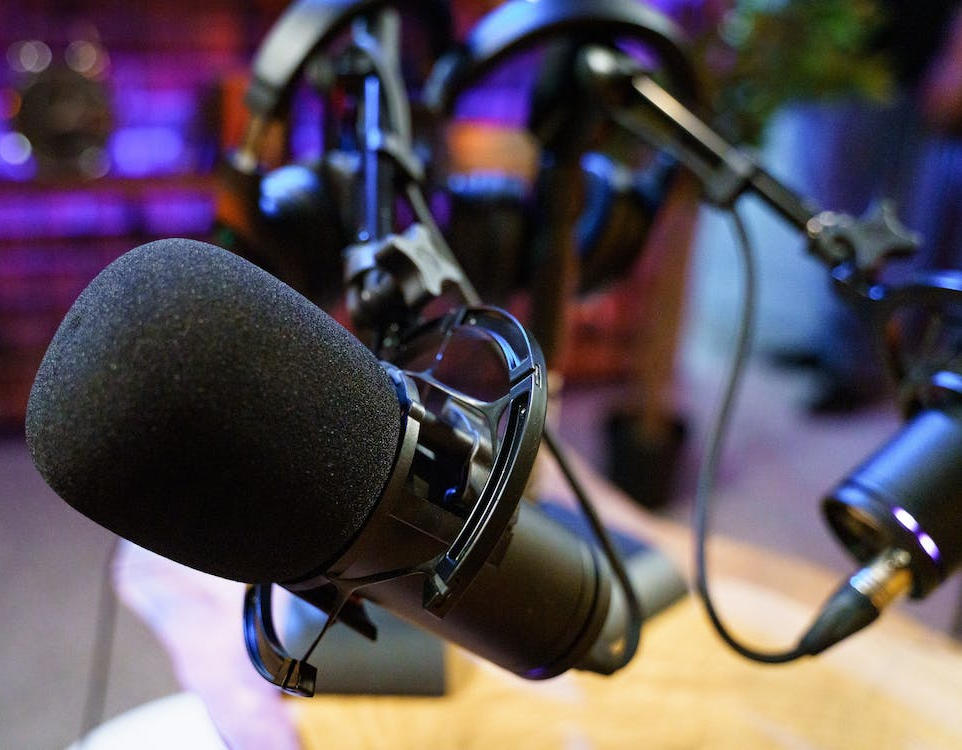Record, Edit, and Mix
on Linux, macOS and Windows
 Record
Record
Grab yourself a nice audio interface. Plug in a microphone or a keyboard. Add a track. Press record. Got it.
Import audio or MIDI from your hard drive or the Freesound database.
 Edit
Edit
Cut, move, stretch, copy, paste, delete, align, trim, crossfade, rename, snapshot, zoom, transpose, quantize, swing.
All with unlimited undo/redo. All in the same window.
 Mix
Mix
Mute, solo, fader, automate, EQ, dynamics, insert, send, pre-fader, post-fader, sync, monitor, isolate.
Floating point fidelity, the most flexible mixer architecture in the industry, and external control surfaces.
…and then go on to master and export your work.
Audio Engineers
Ardour's core user group: people who want to record, edit, mix and master audio and MIDI projects. When you need complete control over your tools, when the limitations of other designs get in the way, when you plan to spend hours or days working on a session, Ardour is there to make things work the way you want them to.
Musicians
Being the best tool to record talented performers on actual instruments has always been a top priority for Ardour. Rather than being focused on electronic and pop music idioms, Ardour steps out of the way to encourage the creative process to remain where it always has been: a musician playing a carefully designed and well-built instrument, whether a physical or a software one.
Soundtrack Editors
Sample accurate sync and shared transport control with video playback tools allows Ardour to provide a fast and natural environment for creating and editing soundtracks for film and video projects.
Composers
Arrange audio and MIDI using the same tools and same workflow. Use external hardware synthesizers or software instruments as sound sources. From sound design to electro-acoustic composition to dense multitrack MIDI editing, Ardour can help.
Podcasters & Radio Producers
Ardour's source-list makes it easy to organize and navigate even large amounts of clips and tape. Multiple ripple-modes make editing both simple two-mic episodes and tape-heavy features a breeze. The integrated freesound.org search provides for easy access to thousands of clips and jingles.
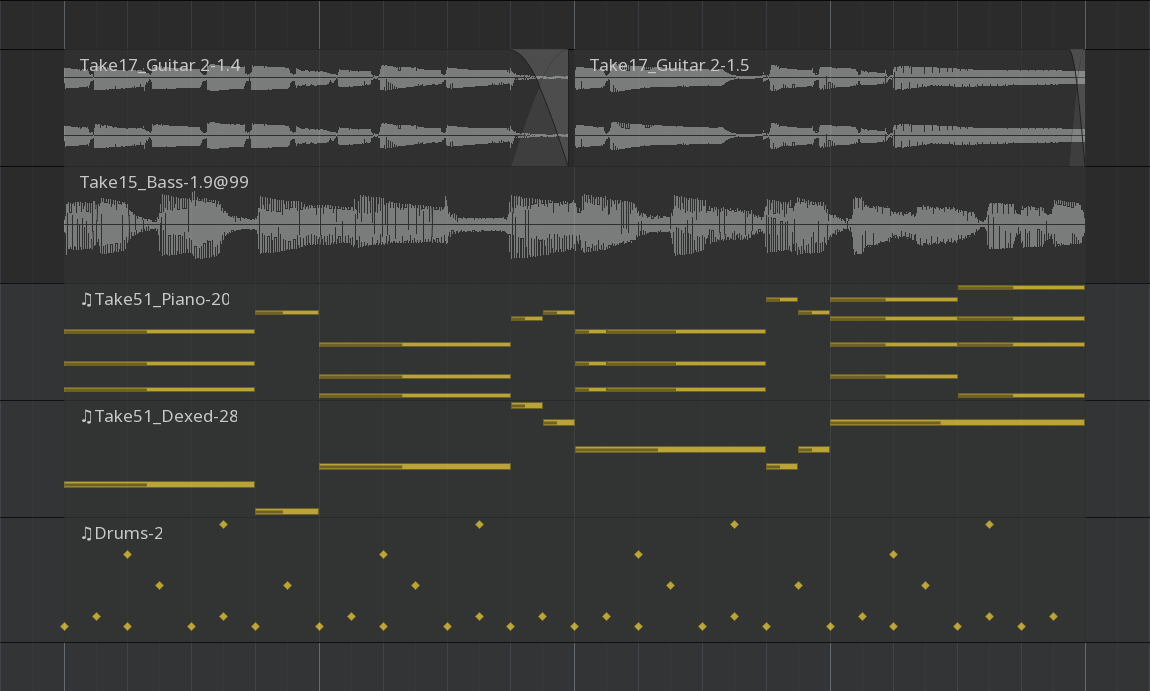
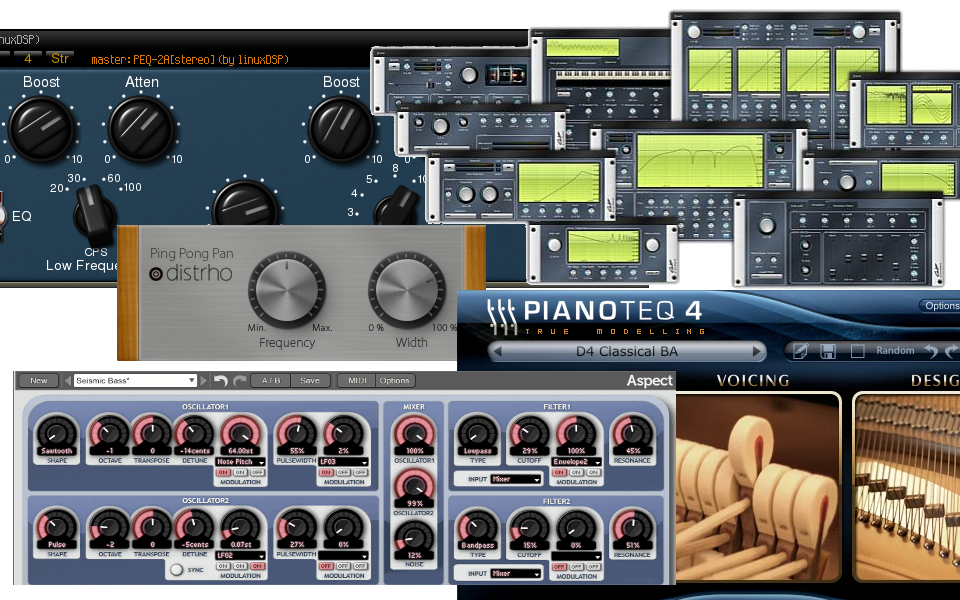
Plugins with Full Sample Accurate Automation
AudioUnit, LV2, VST2/VST3, and LADSPA formats. Support for PreSonus extensions of VST. FX plugins. Software instruments. MIDI processors. Automate any parameters and control them with MIDI Learn. Distribute processing across as many (or as few) cores as you want.
Transport Sync and External Control Surfaces
Best-in-industry sync to MIDI timecode and LTC. Send and receive MIDI Machine Control. Sync with JACK transport and MIDI clock. Dedicated Mackie Control protocol support, pre-defined mappings for many MIDI controllers plus dynamic MIDI learn. Use OSC to drive almost any operation in Ardour.
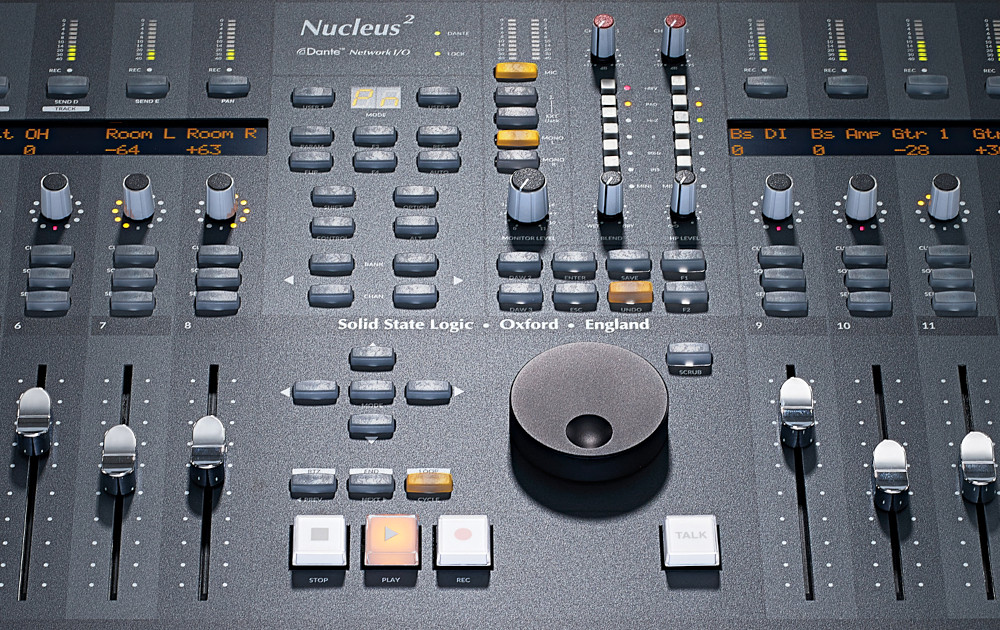
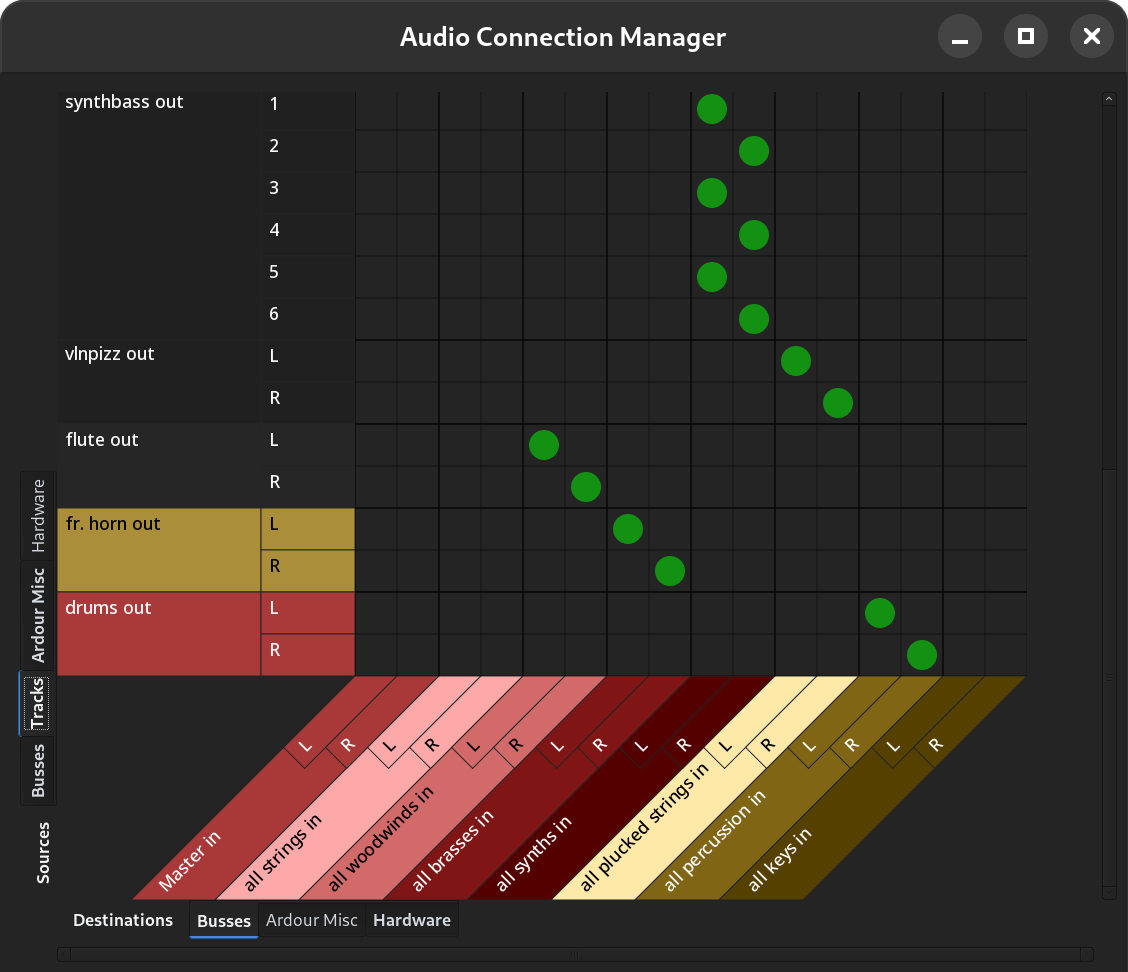
Powerful Anywhere-to-Anywhere Signal Routing
Complex signal flows are simple and elegant. Inputs and outputs connect to your hardware and/or other applications. Use sends, inserts and returns freely. Connections can be one-to-many, many-to-one or many-to-many. Tap signal flows at any point. If you can't connect in the way you want with Ardour, it probably can't be done.
Video Timeline
Import a single video and optionally extract the soundtrack from it. Display a frame-by-frame (thumbnail) timeline of the video. Use a Video-monitor window, or full-screen display, of the imported video in sync with any of the available ardour timecode sources. Lock audio-regions to the video: Move audio-regions with the video at video-frame granularity. Export the video, cut start/end, add blank frames and/or mux it with the soundtrack of the current-session.
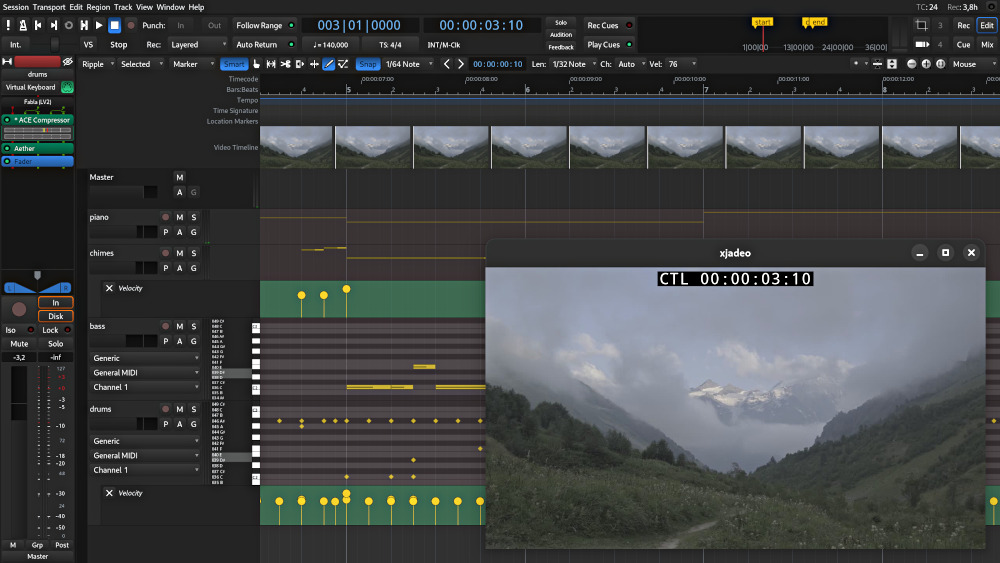
Ardour Is Open
Ardour is an open source, collaborative effort of a worldwide team including musicians, programmers, and professional recording engineers. Development is transparent — anyone can watch our work as it happens. Like a good piece of vintage hardware, you can open the box and look inside. Of course, you don't have to … but one day the fact that anybody can will be useful.
This openness forces a kind of integrity on the project that is hard to find in proprietary software, and helps us to focus on issues and features that matter to our users rather than stuff that just looks good in advertisements.

